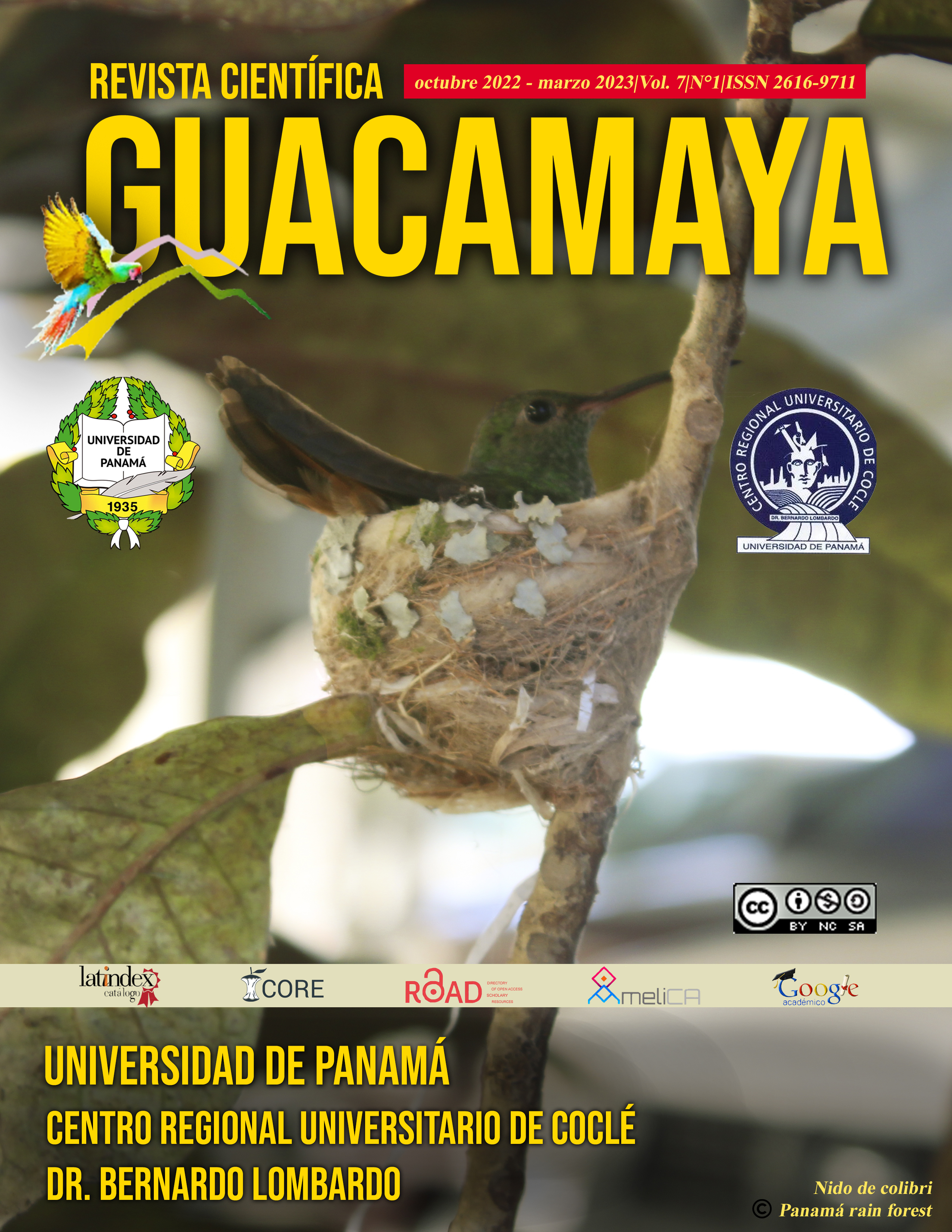


This work is licensed under a Creative Commons Attribution-NonCommercial-ShareAlike 4.0 International License.
For humankind the consequences resulting from the emergence of the COVID-19 coronavirus mark a momentous milestone in the development of society. Attention to the pandemic forced structural changes in forms of government and made it possible to evaluate the adequacy of many of the governance policies of countries worldwide. In the Latin American region, it also brought to light the inequity in the social care of the great majority of the population, as well as the deficiencies of the programs that represent these policies. Thus, health care, education, formal work and digital backwardness in the administrative care of citizens became a common feature not approved in the evaluation by multinational organizations. The article presented is a descriptive analysis of reports and documents from public institutions in Panama and international organizations on the response given in terms of digital governance to strengthen information systems as an important part of the strategies for economic and social recovery post-COVID-19 and its use to reduce the gaps that bring Panamanian society closer to equity, social justice and inclusion in the use of technologies as a fundamental right. It is a documentary analysis whose main conclusion is that the response of Panamanian digital governance was not efficient and is a field with many growth opportunities for the development of society.